Originally posted by TrueMacedonian
View Post
“Φυλετικό κράμα Σλάβων και Αρβανιτόβλαχων οι σημερινοί Έλληνες”




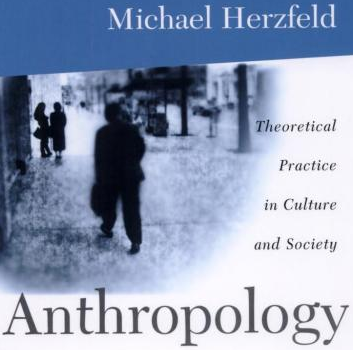
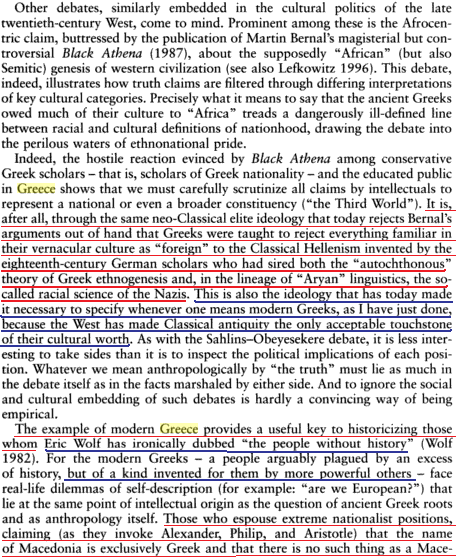
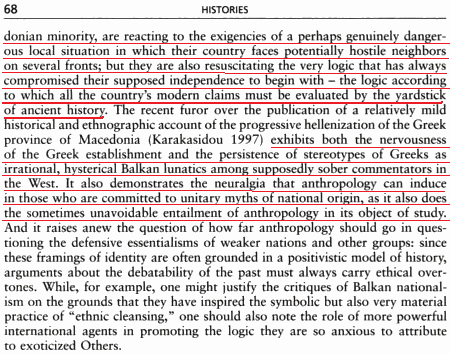
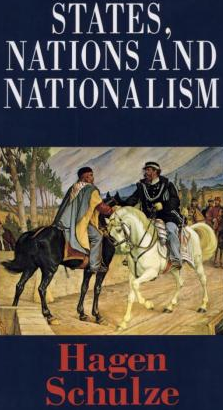
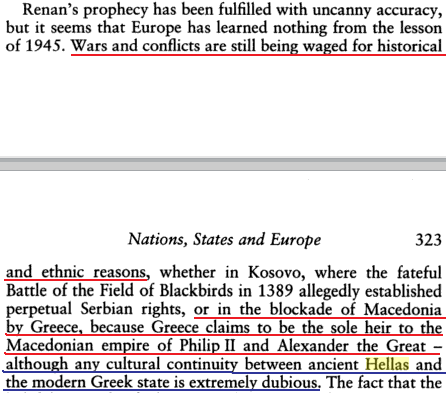
 ! I need to say something about this quote. First "slav", "slavic" are not ethnicities and this is incorrect to define someone as "slav", my eyes are bleeding when i see what Borza said. Today, "Slavs" as a whole are mostly a linguistic group, not even cultural (Balkan Slavic-speaking peoples have a lot more in common culturally with other Balkanians than with Poles or Russians). This is just a linguistic term, linguistic term! But some peoples still referring the slavic-speaking peoples as "slavs", and think that they were in the past "one people" who originated from a same place, located in the actual territory of Ukraine. This is also the main argument used by the greeks (and albanians now) to prove that the slavic-speaking peoples of the Balkans didn't belong to theirs lands, that they are "invaders" ...
! I need to say something about this quote. First "slav", "slavic" are not ethnicities and this is incorrect to define someone as "slav", my eyes are bleeding when i see what Borza said. Today, "Slavs" as a whole are mostly a linguistic group, not even cultural (Balkan Slavic-speaking peoples have a lot more in common culturally with other Balkanians than with Poles or Russians). This is just a linguistic term, linguistic term! But some peoples still referring the slavic-speaking peoples as "slavs", and think that they were in the past "one people" who originated from a same place, located in the actual territory of Ukraine. This is also the main argument used by the greeks (and albanians now) to prove that the slavic-speaking peoples of the Balkans didn't belong to theirs lands, that they are "invaders" ...
Comment